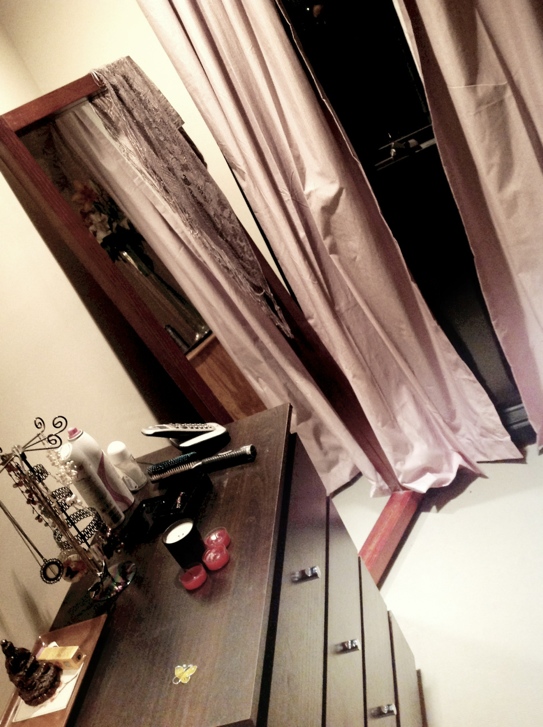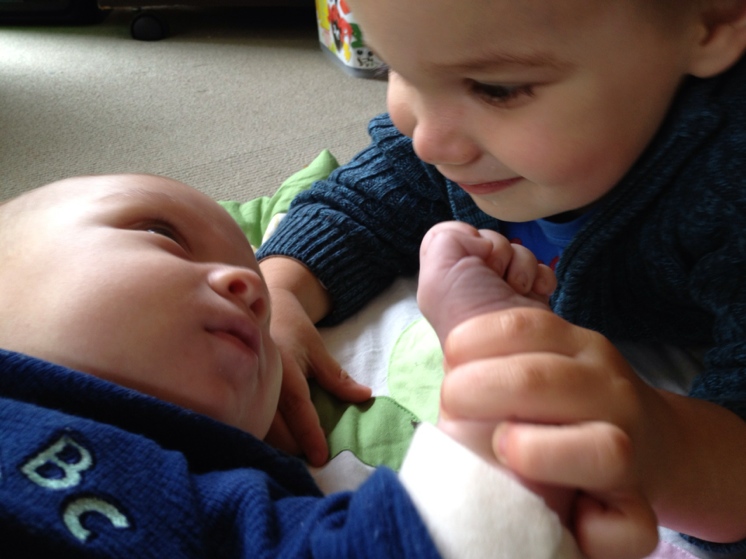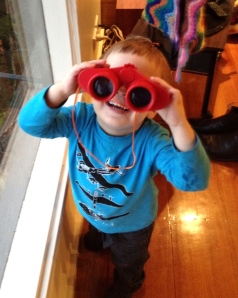I have never met a bad Centrelink employee. I think it is just bad policy that exists. I have met tired, impatient, bored Centrelink employees, but ultimately they are just doing their jobs. I have also met incredibly kind, helpful and concerned Centrelink employees, either over the phone or in person.
Because I earned enough money at age 18, I was declared financially emancipated from my parents – this allowed me to receive benefits when studying and living in shared housing or by myself. It also assured my benefits at times when I was sick or injured. But having a legal right to benefits doesn’t make them easy to get.
For years, I had to justify my illness to a governmental body that does not particularly like it when you present a medical certificate for a problem that isn’t visible, like a broken leg. At least when I broke my spine and was unable to work, I could show up wearing my back brace and walking with a cane. My injury was pretty obvious, even if the crushed vertebrae in my spine was not.
Explaining why your invisible illness, mental or physical, cripples you to the point of being unable to study or work to a stranger at Centrelink is uniquely humiliating. Only the kindness of those employees makes it bearable. I once had a meeting with a social worker to explain that, while my back was relatively healed, the inactivity of my recuperation had caused a Chronic Fatigue Syndrome relapse, and I’d had to leave my job as a roulette dealer with the casino. I could not work, I could not study – I lived in a share house with a lovely friend who didn’t mind that I mostly sat around all day. The point of this meeting was to decide if I was eligible for temporary disability benefits for another 12 months while I tried to get my life back together.
The man was very nice. We sat in a tiny office at Centrelink in Preston. I had to explain my life to him – the physical pain that was at times unbearable, the numbing exhaustion, the relentless insomnia and the depression that resulted of all of this. I had to go into great detail about the medical treatment I was seeking – both what I tried before, and found did not work so would not pursue again, and the new theories on treatment I had heard about but could not afford. I explained that I needed to be classed as disabled (temporarily), because the only thing that could heal me was time. Time to eat well and try to sleep and gradually increase my strength, time to try new medications for depression and pain, time to organise my life and try to feel useful again. I confessed to him that I often felt despair, and although the medication I took for depression and illness didn’t work particularly well, I was scared of changing the drugs because the period of wash out between an old drug and a new one had, in the past, led to suicide attempts.
The drugs do not work, I told him, but I do not work right without the drugs. There is something wrong with me. Without medication I try to hurt myself. I don’t want to die. I don’t know what to do.
I think I cried, in that room, with that strange man who told me I was brave when I felt weak. He signed off on a certificate of temporary disability. This meant that I did not have to keep presenting medical certificates to Centrelink; they would just pay me each fortnight without me needing to contact them. That certificate was for twelve months. It was supposed to provide security of some kind.
In that time, Centrelink cut off my payments around three times, for what essentially came down to computer error. Getting those payments reinstated was exhausting.
I don’t know how Centrelink works internally – I have an idea of the processes, but I’ve never worked there myself. But the impression I get is that the computers run on a set of rules and regulations, and anything even slightly outside the norm can create a tumble of paperwork and error that, in immediate response, cuts off your payment until the problem is resolved. This has been my experience, anyway. The Centrelink employees I speak to regarding these problems are almost universally bewildered by how such errors occur in the first place, and frustrated that it is so difficult to fix. They do not run the system with computers. The computers run the system using humans as conduits.
Now I receive fortnightly payments as part of the Family Assistance program. This is because we have a small child and the government likes to help. They say. However, I’ve had a lot of problems with these payments – when I was pregnant I was receiving Newstart (the job hunting payment), with a medical certificate to say I did not have to look for work because my problematic pregnancy crippled me. However, I somehow incurred a $500 debt for being paid money in July of 2010 without reporting what activity I had done to find work. It took almost a year to retrieve that money (which Centrelink automatically garnished from my parenting payments).
The reason I didn’t hunt for a job that week, or report my lack of activity, was because I was in hospital giving birth.
Some glitch had happened, and the computer had decided they shouldn’t have paid me as though I were medically unfit (when I was in the damned hospital bleeding on the operating table and full of drugs and stitches), and the computer took that money back. The Centrelink employees I spoke to about this were damn near helpless to reverse that situation. Eventually, I found out I could reverse the debt by handing in some obscure paperwork that outlined my activity and lack of job hunting for that period. I think I wrote ‘GIVING BIRTH TO MY CHILD, COULDN’T ACCESS JOB SEEKING WEBSITES’ angrily. But finally, I got the money back.
Recently I’ve been furious all over again because a minor mistake was made with Sebastian’s immunisation records, and our child care benefit was cut off, and it looked like I might have to pay his daycare $850 for the care already given (almost all of that should have been covered by Centrelink). If the problem wasn’t fixed that sum wouldn’t go down. If the sum didn’t go down then I could no longer put Sebastian in daycare, which would mean I couldn’t work, which would mean I wouldn’t have the money to pay the daycare. A horrible cycle of crap. It took three weeks just to find out what the problem was and get it fixed, including phone call after phone call to Centrelink and Medicare.
I get angry at Centrelink because I try so hard to do the right thing so these payments will run smoothly, and in return some computer blinks a few times and I’m told I owe them money, or they will not pay me, or pay daycare. I am angry that I have to talk endlessly to strangers about the minute details of my daily life. I am angry that this is a system designed to catch fraud, not help people. I am angry that I cried in front of that strange man in that tiny room because I had an illness that was invisible. I am angry that my financial stability depends on a system that fails at every turn.
I wish I could blame Centrelink employees. But they’re just people. It’s the machines that make the mistakes. I like to imagine their central database is called Skynet.
Read Full Post »





